WASHINGTON, D.C. — President Donald Trump is once again threatening to take control of Washington, D.C.’s police force, warning Monday that he could declare a national emergency and federalize the Metropolitan Police Department (MPD) following a dispute with Mayor Muriel Bowser over cooperation with Immigration and Customs Enforcement (ICE).
Clash Over ICE Cooperation
The conflict stems from Bowser’s decision to scale back cooperation with ICE after the expiration of Trump’s prior federal takeover of MPD. The president had assumed control of the department on Aug. 11, deploying more than 2,000 National Guard troops and ordering aggressive policing measures after a high-profile assault on a federal worker. That 30-day period ended Sept. 10.
Bowser announced that, going forward, the District would return to limiting cooperation with ICE, only assisting in cases involving judicial orders or other specific circumstances.
Trump sharply criticized that decision, writing on Truth Social that Bowser had “informed the Federal Government that the Metropolitan Police Department will no longer cooperate with ICE in removing and relocating dangerous illegal aliens.”
“If I allowed this to happen, CRIME would come roaring back,” Trump wrote. “To the people and businesses of Washington, D.C., DON’T WORRY, I AM WITH YOU… I’ll call a National Emergency, and Federalize, if necessary!!!”
Presidential Authority Under the Home Rule Act
Under the 1973 Home Rule Act, the president can take direct control of the D.C. police force for up to 30 days without congressional approval. Trump invoked that authority last month, citing what he described as a violent crime crisis in the capital.
During the takeover, the National Guard patrolled city streets, homeless encampments were cleared, and sanitation crews were ordered to remove trash from sidewalks. According to MPD data, violent crime fell by 10% and property crime by 25% during the three-week federal surge.
Trump has framed those figures as proof that his intervention worked, claiming Washington had shifted from “one of the most dangerous” cities in the world to “virtually NO CRIME” in a matter of weeks.
Bowser Balances Cooperation and Resistance
Mayor Bowser, a Democrat and longtime advocate of D.C. statehood, has attempted to strike a balance in dealing with the White House. After clashing openly with Trump during his first administration, Bowser has largely avoided direct confrontations during his second term.
When asked last week if she worried that her position on ICE might provoke Trump, Bowser responded: “I don’t. We have a long history of working with federal law enforcement, and we’re going to continue to partner in ways that make sense for D.C. safety.”
At the same time, Bowser issued her own executive order on Sept. 2 to “ensure coordination with federal law enforcement to the maximum extent allowable by law within the District,” suggesting that she is trying to maintain some level of cooperation while asserting local authority.
Federal vs. Local Control
Trump’s aggressive approach highlights the longstanding tension between federal authority and D.C.’s limited autonomy. Unlike states, Washington’s local government can be overruled directly by the president and Congress, a dynamic that has fueled the push for full statehood.
Supporters of the president argue that federal control was necessary to reduce crime and restore order. Critics counter that Trump’s actions amount to political theater and undermine local governance.
Broader Federal Policing Agenda
The dispute in Washington comes as Trump signals broader plans to expand federal control over urban policing nationwide. On Friday, he announced a surge of federal law enforcement to Memphis, citing rising crime. He has previously suggested Chicago, New York, and New Orleans could be next.
For now, the president’s immediate focus remains on Washington. With the federalization window from August now closed, Trump appears poised to reassert control if Bowser resists his demand for full ICE cooperation.
What Comes Next
Bowser’s office did not immediately respond to requests for comment on Trump’s latest threat. Federal officials also have not indicated whether a formal declaration of national emergency is imminent.
If Trump acts again, he could re-deploy National Guard troops and assume operational command of MPD for another 30 days, potentially setting up another clash with the District government.
For residents and businesses in the nation’s capital, the uncertainty adds another layer to an already volatile political climate. While crime statistics show recent improvements, the battle between Trump and Bowser over control of the police force and cooperation with immigration enforcement shows no sign of cooling down.

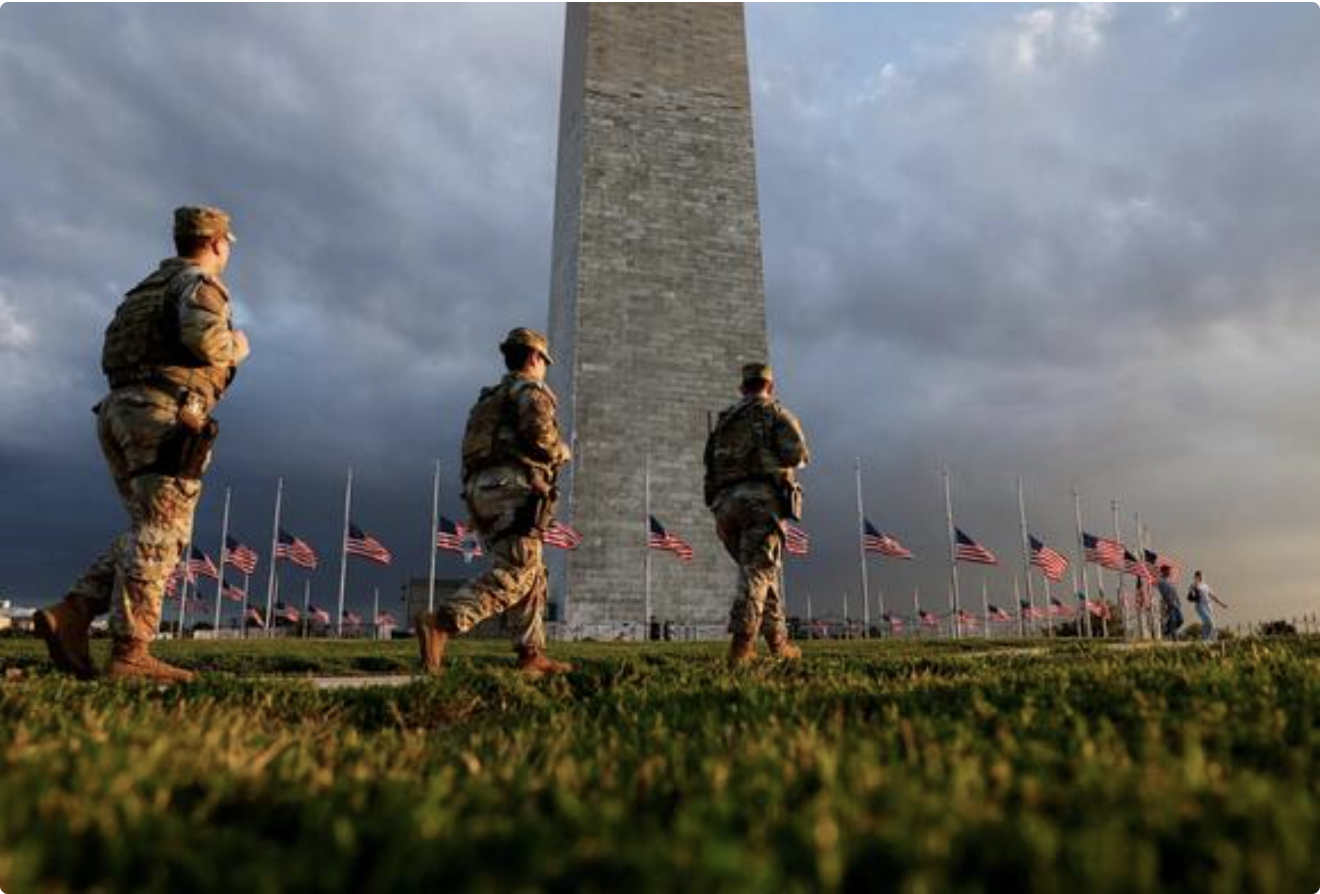

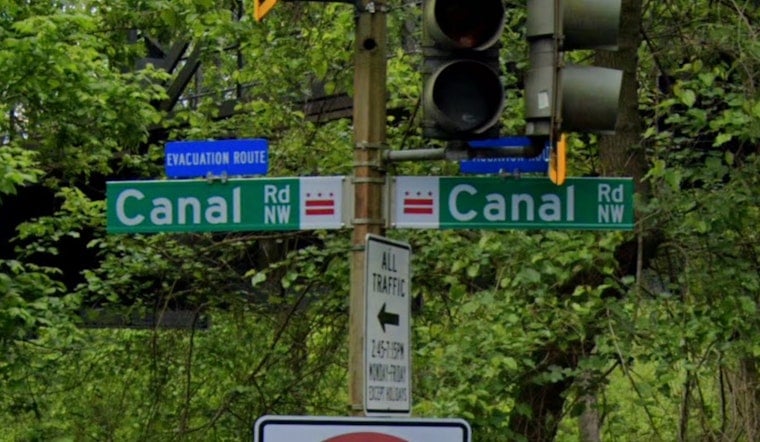
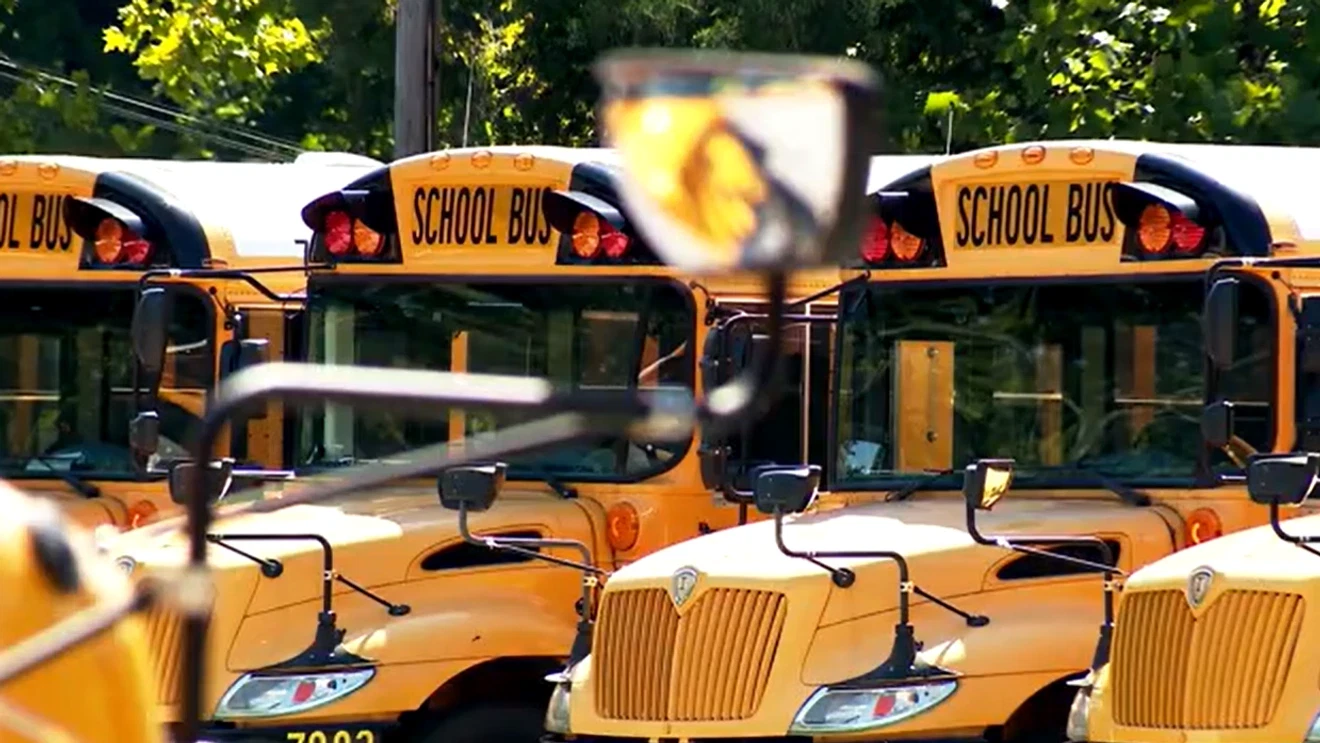
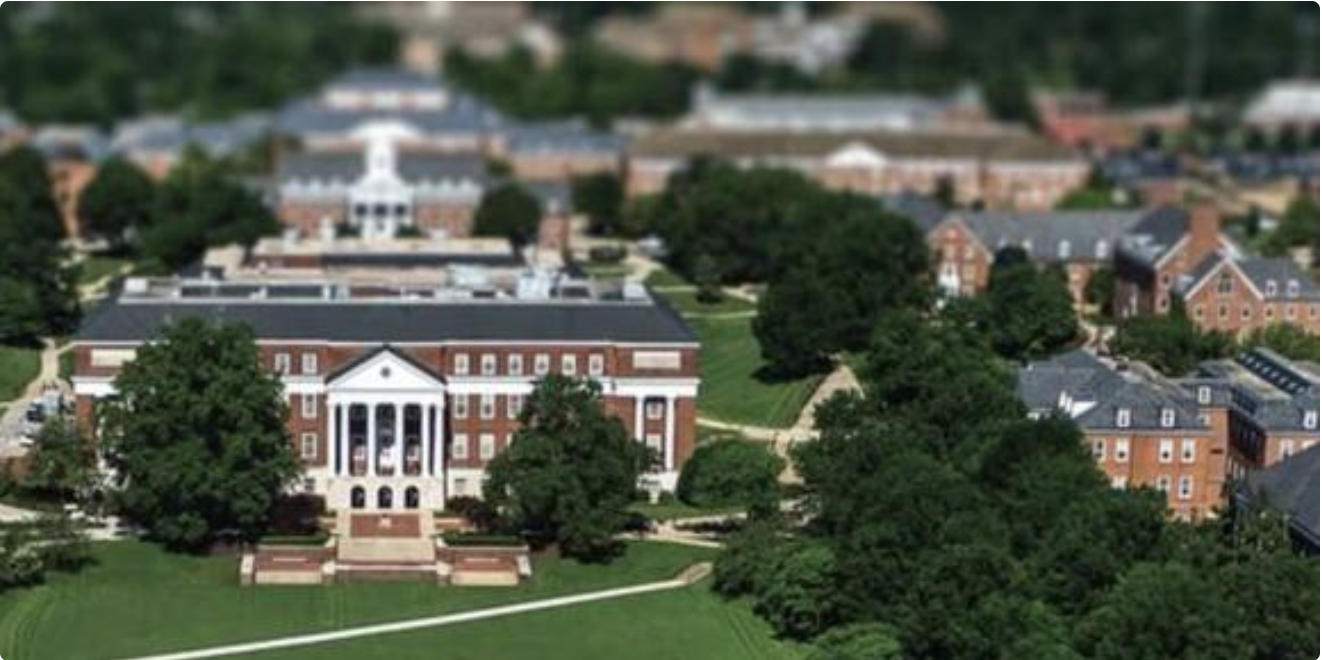
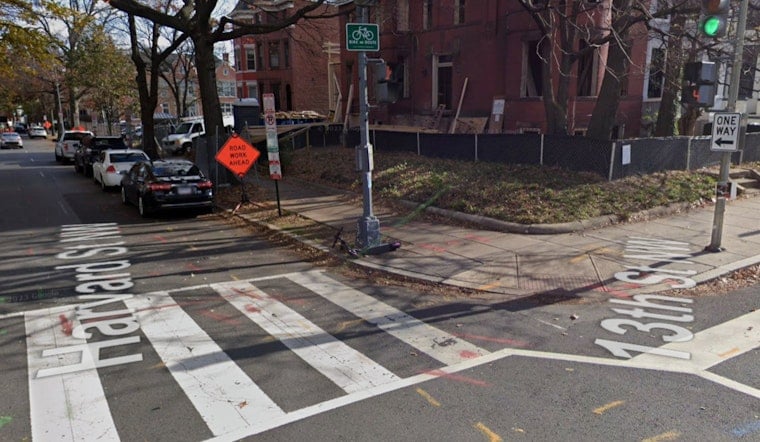

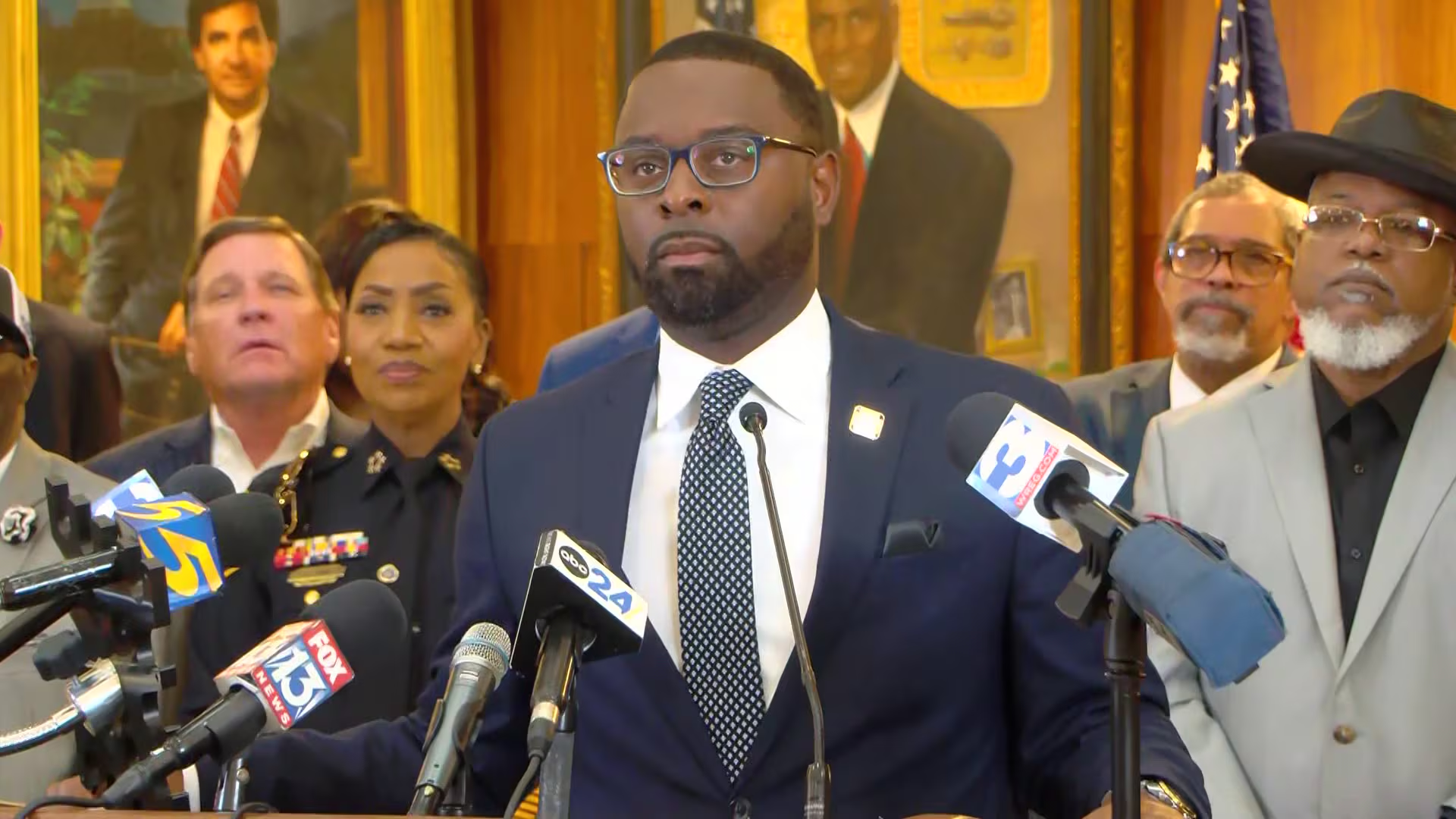
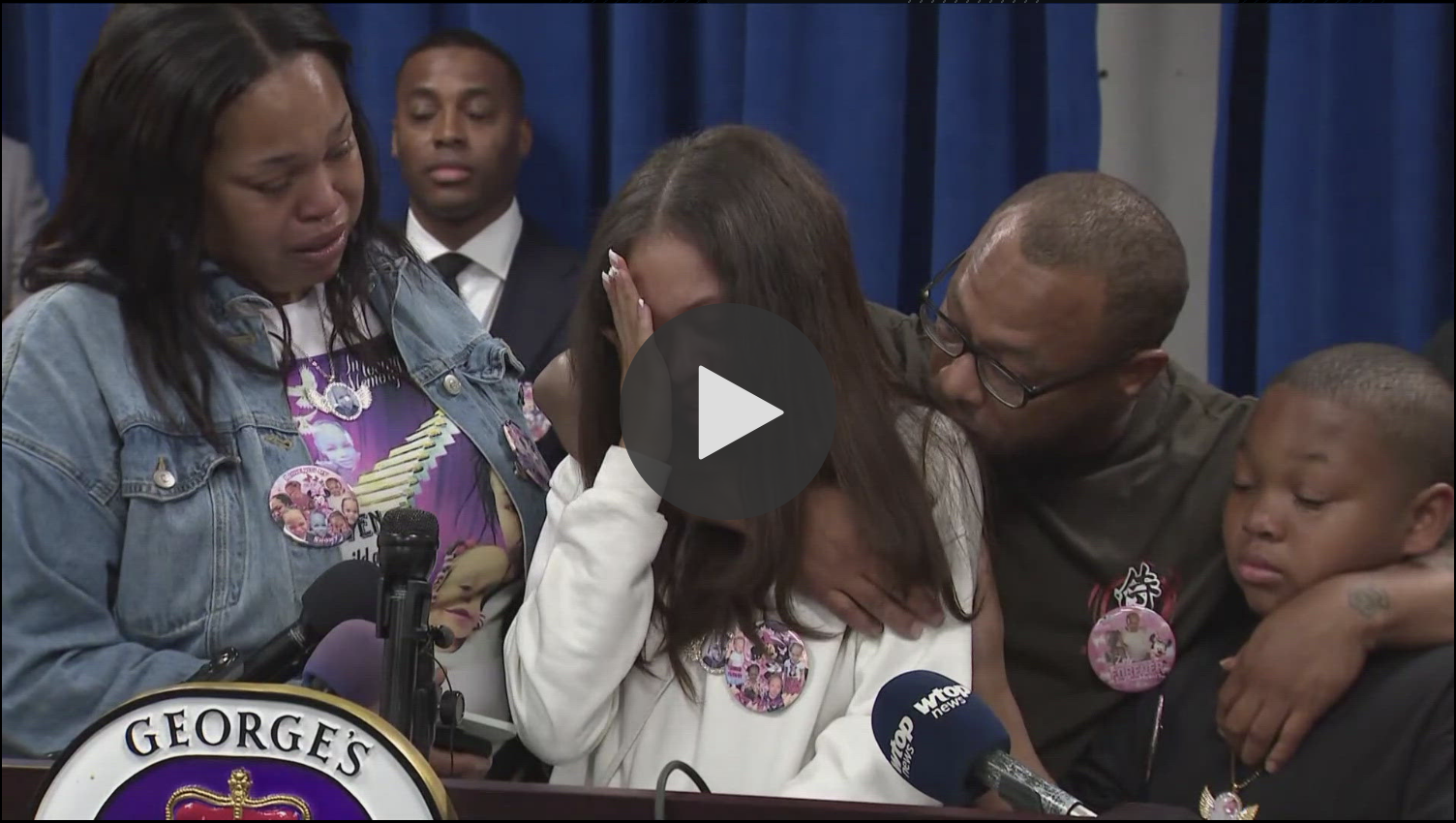

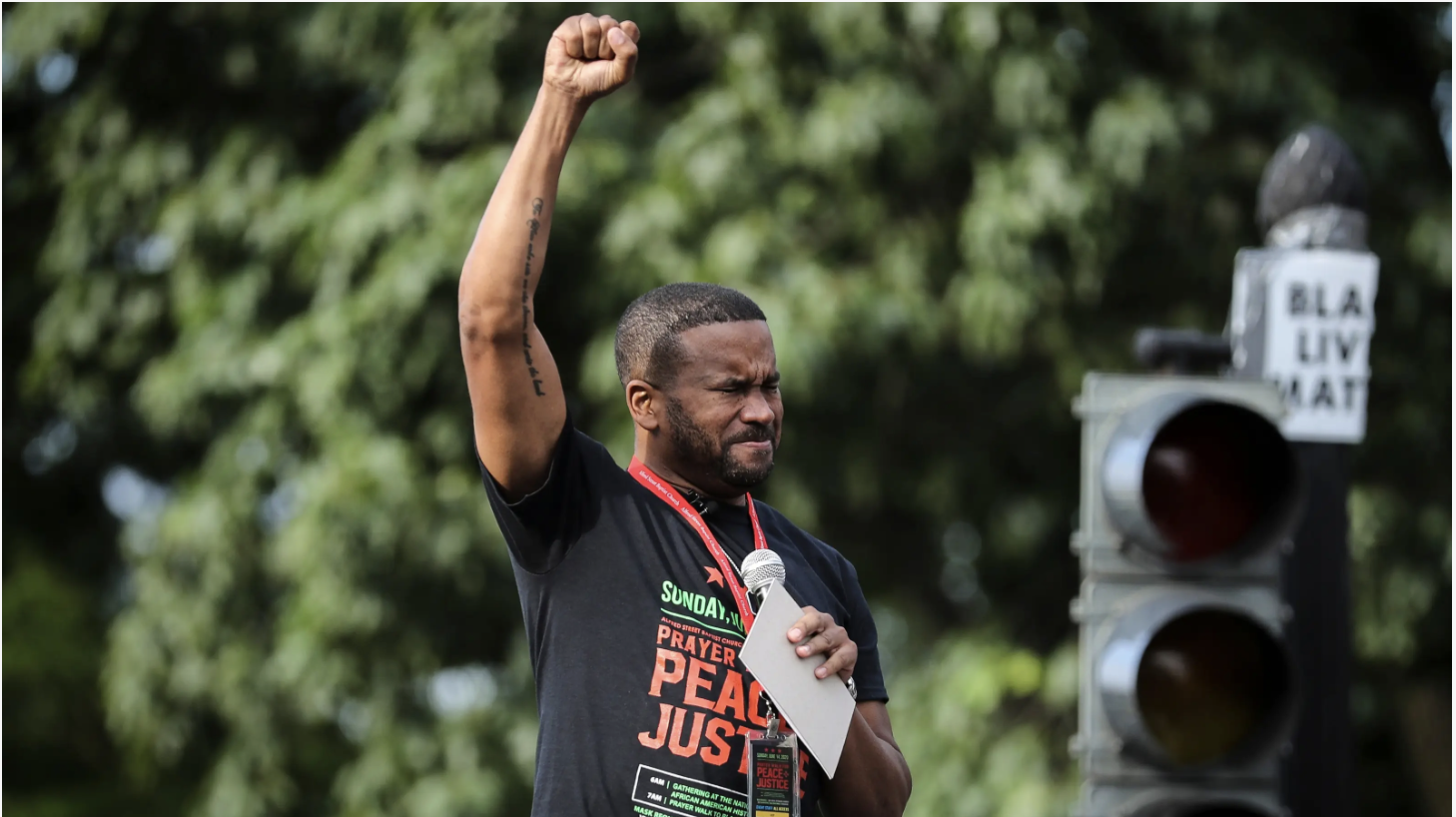
Leave a Reply